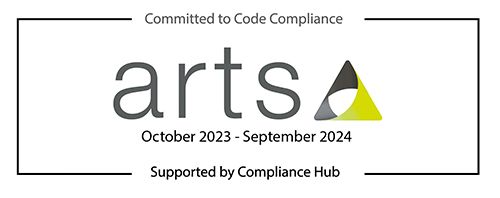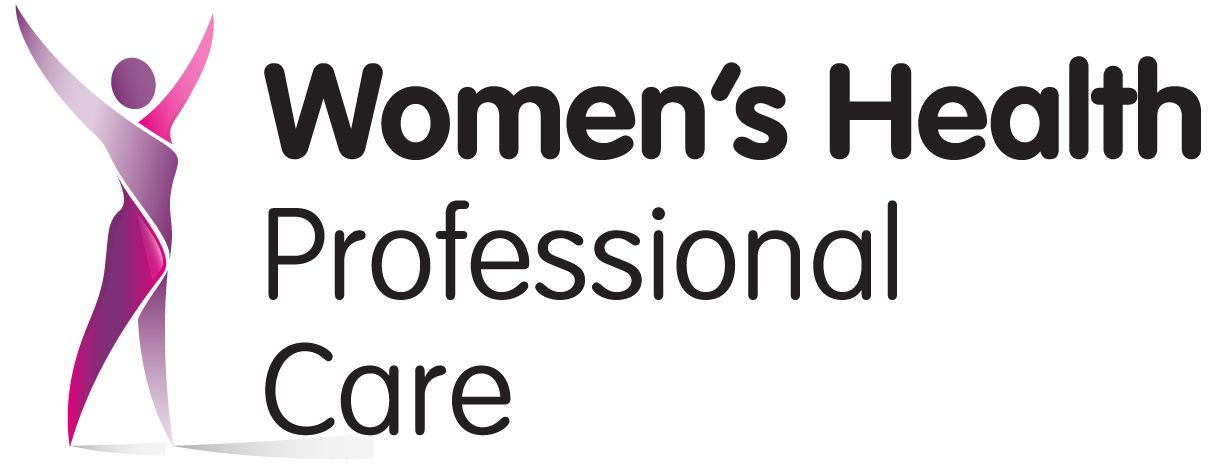Bridging the gap: A digital approach to culturally competent care
In this section of the presentation, we look into how digital platforms like YouTube are influencing health accessibility, specifically focusing on how these platforms empower women of colour and underserved communities. Traditional healthcare settings often present formidable challenges for women of ethnic minority origin, including issues such as a lack of representation, not being heard, and an inherent mistrust in these systems. Consequently, many women turn to platforms like YouTube as digital safe havens, seeking solace and support in online spaces offering health-related information and services.
These digital platforms emerge as accessible sanctuaries for individuals who are digitally literate and have the means to engage with digital media [digital illiteracy can be a barrier to access]. The recommendations and endorsements from friends and family further contribute to the growing preference for these platforms as viable alternatives to traditional healthcare channels. The ease and convenience digital platforms offer become especially crucial in circumventing barriers that may exist in traditional healthcare settings, such as navigating through receptionists or attempting to convey complex symptoms within the constraints of a brief consultation.
Diverse cultural expectations and geographies shape women's perceptions of healthcare. Regardless of their physical location, women's cultural backgrounds often dictate their expectations of what healthcare should encompass and look like. When these expectations are unmet, individuals are more likely to turn away from traditional healthcare systems.
Validating the credibility of digital platforms becomes of paramount importance.
A reliable digital platform empowers patient’s choice and ensures accessibility to accurate health information and acceptability. Trust in these platforms is further heightened when managed or run by individuals with whom users can identify. Addressing and combatting misinformation emerges as a critical aspect, recognising it as one of the significant dangers prevalent in the digital health space.
Digital platforms are not intended to replace traditional healthcare systems but complement them in a rapidly changing world in which technology can best serve to enhance the co-productive relationships between healthcare professionals and healthcare service users for health. Collaborative efforts between digital and traditional healthcare spaces are essential, with digital platforms guiding users toward seeking professional medical care when necessary. This collaborative approach ensures a holistic and comprehensive healthcare experience for individuals, combining the benefits of both traditional and digital models.
Healthcare professionals play a pivotal role in leveraging and shaping digital platforms for public education. Whether active participants as content creators or not, recognising the potential of digital platforms is vital for enhancing patient care and improving health outcomes. As the digital space evolves, the audience demographic becomes more diverse, necessitating the active presence and engagement of trained clinicians to dominate the digital space, police, and combat healthcare misinformation in the protection of the health of the public. This should be an important policy area for research and programming for the attention of governments, relevant institutions, organisations, and people in positions of authority and consequential decision-making.
The emergence of artificial intelligence introduces both opportunities and risks to healthcare. Navigating this new frontier requires meeting the public where they are – in digital spaces. The responsible use of emerging technologies and discussing accurate information become paramount considerations for healthcare professionals who want to enhance their own digital awareness and capabilities.
In conclusion, as the healthcare landscape continues to evolve, healthcare professionals must adapt to meet the changing needs of patients and how they consume health. Acknowledging the potential of digital platforms is imperative for empowering service users and the population, enhancing patient care and health outcomes by maintaining high standards for information dissemination to ensure the continued trust and well-being of the public.







